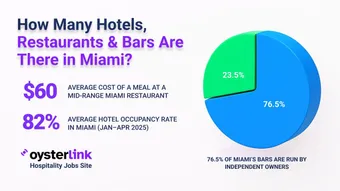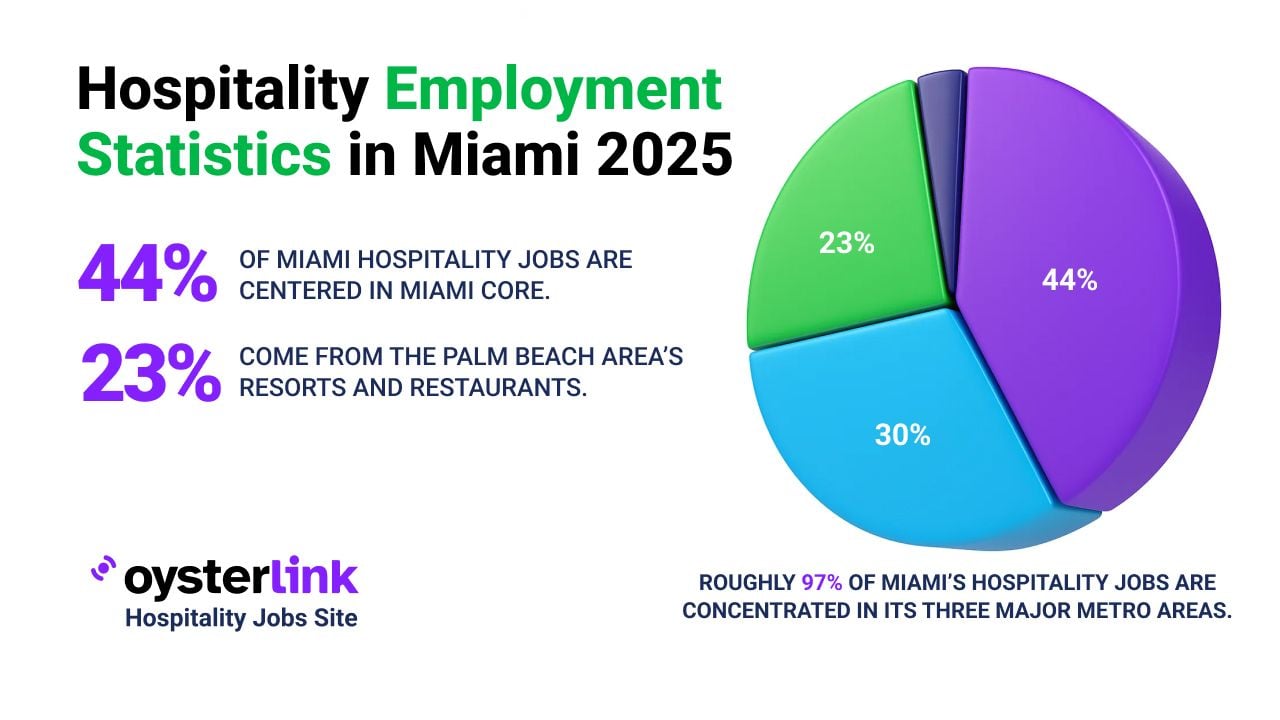New York City Salary Guide for Chef: Key Takeaways
- Average hourly wage for chefs in NYC is about $31.05, 58% higher than the national average.
- Executive chefs earn between $85,000 and $150,000 annually depending on experience level.
- Chefs rarely receive direct tips but may earn additional income through tip-sharing policies, adding $3,000 to $6,000 yearly.
Explore the typical salary, tip practices, and benefits available to chefs working in New York City kitchens.
This guide covers the compensation landscape and helps chefs understand what to expect when working in NYC. For employers, understanding how to effectively manage wages and benefits is crucial; consider viewing our retaining a chef spotlight for strategies.
1. Average Chef Salary in New York City
Chefs in New York City earn a competitive wage reflecting the city's high cost of living and vibrant culinary scene. On average, chefs make approximately $31.05 per hour. For a full-time chef working 40 hours a week, this translates to an annual salary around $64,584, which is significantly higher than the national average for the profession.
The rate you can expect depends heavily on factors including your culinary experience, the type of establishment, and your specific role within the kitchen hierarchy. For aspiring chefs looking to develop their profession, our how to become a cook career guide offers helpful insights.
2. Executive Chef Salaries and Experience Levels in NYC
Executive chefs, who lead the kitchen and manage operations, earn substantially more than line cooks or sous chefs. Entry-level executive chefs with up to five years of experience typically earn around $85,000 annually. Learn more about roles and expectations in our executive chef job description resource, which is especially useful for employers looking to write precise job postings.
With experience over a decade, executive chefs can command salaries upwards of $150,000 or more. Upscale restaurants, hotels, and private clubs tend to offer higher salaries to attract top talent.
Factors Affecting Executive Chef Salaries
- Reputation and prestige of the establishment
- Location within NYC and neighborhood dining culture
- Scope of responsibilities, including staff management and menu development
When hiring an executive chef, the how to hire top chef for your kitchen spotlight gives effective strategies to secure high-quality culinary leadership.
3. Tips and Tip-Sharing Policies for Chefs in New York City
Unlike front-of-house staff such as servers and bartenders, chefs in NYC typically do not receive direct tips from customers. Customers usually tip waitstaff, who may then share a portion of tips with kitchen employees depending on the restaurant’s policy.
Some upscale NYC restaurants implement tip-sharing schemes that include kitchen staff. Through these arrangements, chefs might see an additional $3,000 to $6,000 per year added to their income. For employers looking to optimize such policies, this can restaurant owners take tips spotlight is recommended reading.
It's important to note that New York State law mandates clear disclosure of any service charges or administrative fees added to customers’ bills. Restaurants must specify how these amounts are distributed among staff to maintain transparency and legal compliance.
4. Benefits and Perks for Chefs Working in NYC
In addition to salary and tips, many NYC employers offer benefits to attract and retain kitchen talent. Common benefits include:
- Health Insurance: Comprehensive medical, dental, and vision plans are often provided.
- Paid Time Off: Vacation days and sick leave help chefs rest and recover.
- Retirement Plans: Some restaurants offer 401(k) or similar plans to support long-term savings.
- Meal Discounts: Free or reduced-price meals during shifts are a common perk.
- Bonuses: Performance-based incentives reward exceptional work.
- Professional Development: Opportunities for advanced training and certifications keep skills sharp.
- Uniform Allowance: Provision or reimbursement for chef attire and maintenance.
- Flexible Scheduling: Work hours may be adjustable to accommodate personal needs.
- Relocation Assistance: Help with moving costs for chefs relocating to NYC.
These benefits improve job satisfaction and help chefs plan both their professional and personal lives effectively.
Employers can learn more about effective benefits and perks in restaurant job postings to attract top culinary talent.
5. Navigating NYC Labor Laws Impacting Chef Compensation
New York City and State have regulations governing wage disclosures and tip policies, ensuring fairness and transparency.
Restaurants adding service charges to bills must clearly disclose how these fees are allocated among staff, preventing misuse or unfair withholding of tip income.
Understanding these laws helps chefs and employers maintain compliance while protecting workers’ rights and income.
To understand labor law nuances better, employers can check out the restaurant staff hiring spotlight for comprehensive guidance.
6. Resources for Chefs and Employers in New York City
If you need more information on wage rules, benefits, or labor laws affecting chefs in NYC, the following official resources can be very helpful:
- New York State Department of Labor – For state-specific labor law guidance and wage information.
- U.S. Department of Labor Wage and Hour Division – Federal wage standards and tip policies.
- New York City Department of Consumer and Worker Protection – Local worker rights and consumer protections.
New York City Salary Guide for Chef: Conclusion
Chefs in New York City enjoy above-average wages with potential earnings much higher at the executive level. Though direct tipping is uncommon, tip-sharing arrangements can supplement income. Comprehensive benefits enhance job quality, and understanding local labor laws ensures fair compensation and transparency.
For anyone pursuing a culinary career in NYC, being informed about pay scales, tips, and benefits will help make better decisions and negotiate effectively in this competitive market. Explore the how to become a chef guide for career planning and the executive chef vs chef de cuisine differences spotlight for understanding top kitchen leadership roles.




.webp)
.webp)